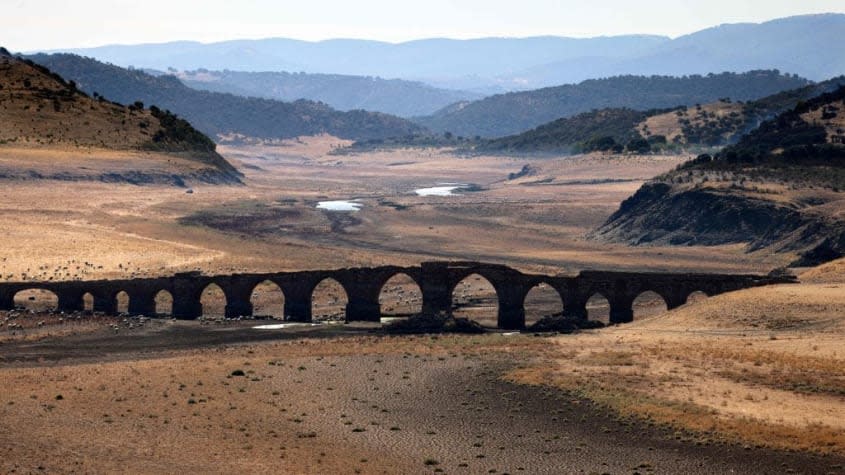Study: Climate change made summer droughts 20 times more likely

The summer droughts that affected parts of the United States, Europe, and China were made 20 times more likely by climate change, according to a new study by World Weather Attribution.
China had its driest summer in 60 years, while drought conditions in Europe sparked brush fires and dried up rivers. The researchers with World Weather Attribution — an international organization comprised of scientists who study the connection between climate change and extreme weather — analyzed weather data, computer simulations, and soil moisture across those areas, and discovered "climate change made dry soil conditions much more likely over the last several months," The Associated Press reports.
Researchers say that if not for human-caused climate change, this type of drought would happen across the Northern Hemisphere just once every 400 years. Because the climate has warmed by 2.2 degrees Fahrenheit, they anticipate these conditions will now repeat every two decades.
Many catastrophic weather events took place in the summer, including months of rain in Pakistan that flooded entire communities. These disasters are "the fingerprints of climate change," climate scientist Maarten van Aalst, a study co-author, told AP. "The impacts are very clear to people and are hitting hard, not just in poor countries, like the flooding in Pakistan ... but also in some of the richest parts of the world, like western central Europe." Van Aalst added that one way to reduce the "compounding and cascading" effects of climate change around the world is to reduce emissions.
You may also like
Survey reveals less than half of Americans plan to get flu shot this season
Russian war reporters warn Ukraine is threatening thin, fragile defensive lines in southern Kherson
Lizzo invited for an encore flute performance at James Madison's home

